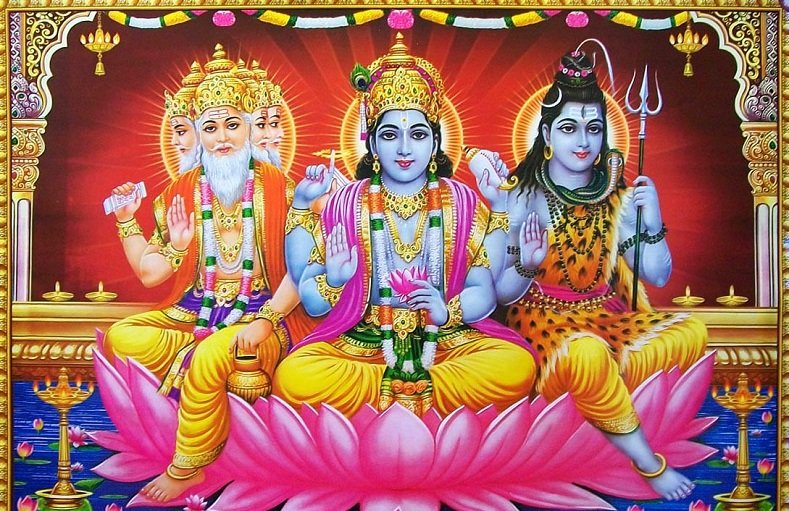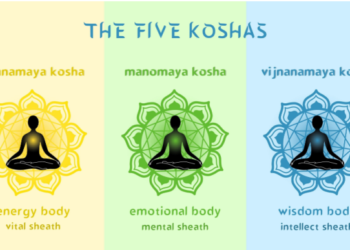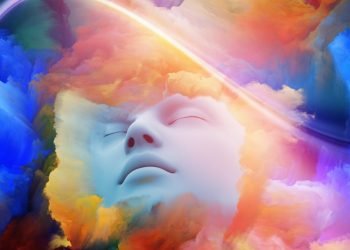Let us understand what Monotheism and Polytheism is. Belief in one god is monotheism. Belief in multiple gods is polytheism. Hinduism’s beauty is that while it concedes the existence of several gods or deities, Hinduism accepts only one God, the Supreme. In this excerpt, we will be looking at who is the supreme God in Hinduism?
Supreme God in Hinduism
Now, out of these various deities like Indra, Varuna and others are ordinary souls like us. But they rose to those positions in the cosmic scheme due to the extraordinary karmic and religious qualities they had acquired in the previous cycles of creation. What you need to understand is that these are more like officers of the Supreme God in Hinduism. They effectively exercise their powers delegated to them by the Head of the State. These are not permanent. Once their karmic and religious merit gets exhausted, they vacate their positions and try for Moksha or liberation. Then someone else takes over these positions.
Brahma, Vishu and Shiva
Next, let us understand the case of Brahma, Vishnu and Siva. They aren’t three separate and independent deities, but three distinct aspects of the same Supreme God in Hinduism. They participated in the processes of creation, sustenance, and destruction of the universe in that order. It is similar to the same individual’s function as the father in the home, as the boss at the workplace, and as a customer in a shop. Other deities should also be considered in the same light, as distinct aspects of the Supreme God, manifesting themselves for specific functions.
The powers of these deities which are inseparable from them—even as the power of fire to burn cannot be separated from it—have been conceived of as their consorts and called Sarasvati, Lakshmi and Parvati (or Sakti).
All deities are Different Modes and Aspects of the supreme God in Hinduism
This does not mean that all these deities are imaginary creations. Without exception, all of them are different modes and aspects of, the Supreme God in Hinduism, even as all dolls made of sugar are sugar itself. It is difficult for common people like us to worship God as He is. Hence, the ancient Rishis have given these forms and their names after receiving them from God Himself through Tapas or austerities. The realization that one gets through meditation on these is identical with God-experience.
Who is the Supreme God in Hinduism?
Ok. Let us address this. As you are aware, the Puranas have evolved over several centuries. Hence, it is difficult to separate the original from the later accretions. There have been different periods of conflicts among various cults and sects. Hence it’s reasonable to surmise that quite a few of these might have been interpolations introduced during these periods of conflicts to establish one’s superiority over the other. So it’s wise to ignore them.








